Ed Whitfield is co-managing director of the Fund for Democratic Communities, based in Greensboro in North Carolina. He talks to New Start about re-learning democracy, building new economic models, and the beginning of the end for capitalism.
————————————————————
Q. Your organisation is called the ‘Fund for Democratic Communities’ and you talk about democracy as being at the heart of social and economic justice.
A. Yes, the work we are doing is democratising the economy. It’s about developing capacity so that people and communities can meet their own needs. I’ve been involved in social justice work for a long time and there’s lost of aspects you can focus on – from housing reform to police brutality. The work tends to be resistance work, mobilising the community around issues like school reform and gentrification. People very quickly respond and get motivated. But often even when you’re victorious in resistance work, the same forces are there and the same concentration of power exists. You still can’t do you what need to do. As well as resisting existing powers we need to think about what new power relationships would be like and try to shift the concentration of ownership.
So we skillfully find ways to work together and create enterprises that are community-owned and which demonstrate local ownership and governance. Co-operatives are schools for democracy when done properly. They can often lose sight of the co-operative vision and behave like corporations so they have to be very intentional. One of the ways I like to talk to people about it is in terms of people recovering the skill of democracy, of recovering the habit of making decisions in their own interest. It’s about making democratic activities habitual, which is so rare in peoples’ lives, where the default position is autocratic. We have to be very intentional about democracy and be very skilful as our democratic habits have fallen away. We need to exercise our democratic muscles again.
Here in Greensboro in North Carolina we have helped people open a co-operative grocery store in an area that was previously a food desert. Before we started no-one here had heard of co-ops. Now local people are putting their money towards it and are being very ambitious, aiming for 1000 members. Our Southern Grassroots Economies Project is promoting and launching sustainable cooperative economies across the south of the US.
We need economies in which human utility is maximised rather than an economy being all about preserving and increasing capital.
Q. So your work is focused on helping communities to set up co-operative businesses and take back control of resources and livelihoods?
A. Yes, we need a vast shift in access to the ‘commons’ – and that includes access to finance and to machinery. When we were at the hunter and gatherer stage people had broad access to nature’s bounty and there were community spaces to hunt in and community rules around access. No individual would claim the right to set access conditions. But today there are private property relations and extractive exploitative relationships. The saying, ‘if you teach a man to fish’ only makes sense if the space in which he is fishing is common space. What we need to retrieve is the idea that communities can set up the rules by which that community can exploit and use resources for themselves, rather than the current situation in which ownership is concentrated. The way we think about the water supply, and private property and ownership, all needs to be questioned.
We need economies in which human utility is maximized
rather than an economy being all about preserving and increasing capital.
Q. How do you see the shift to more democratised economies happening?
A. It’s very difficult to change the situation but it is necessary and we can dismantle the current situation if we do two things.
The first is that people need to learn about democracy, how to make it work and about the processes by which their community can access and use resources.
The second is we need to learn how to run successful sustainable enterprises. The social justice world doesn’t know anything about running a business and countries with socialism depend on a new layer of bureaucrats. If we don’t know how to run successful sustainable enterprises, communities will rely on those with the will and the political power to do so. Co-operative economic work becomes an educational space in which layers of people are learning the democratic spirit, art, science and habit as well as the financial arts. This learning will be very important as other transformations take place – as we try to wrest control of concentration of power.
It can’t be that there is an economic realm where our needs are met by one group of people. It must be something we are able to do ourselves. People in the social justice world often don’t get involved in the economic side of life in communities so we end up giving this whole arena away to those with the profit motive. Why give the most lucrative part of economic life – where value is created by human labour – to private profit?
Q. What is your view on what’s happening in Ferguson?
A. To me the big story is not the brutal shooting of an unarmed man. That happens way too often. The story is that the community has said they are tired of it and have been out in the streets ever since. There was an outrage and as a result of that outrage people came out into the street and are still out. People didn’t do that before and it’s incredibly encouraging. I’m so proud of the people in Ferguson for standing up and not settling. Young people in Florida began organising after the shooting of Trayvon Martin – through an organisation called Dream Defenders. They have come to Ferguson too and we are hoping to work together on a new economy. Their motto is ‘Can we dream together?’ It’s such an appropriate idea. In order to build you have to dream and creatively engage to bring it about.
People are sick of the way things are and the police and others are recognising that the power and privilege that people were used to is coming to an end. The powerful are getting desperate. This is the dark period before dawn. Capitalism is losing the argument as more and more people realise that it’s not suitable.
Q. At this year’s Commonbound conference you described the new economy movement as being ‘in the process of building a cathedral but all we are doing right now is carrying some big heavy rocks’. Do you think communities are willing to put in the hard work to make the vision of the new economy a reality?
A. People are skeptical at first but it’s clear the old economy is not working. In the absence of it working well people want to try something else. We want them to have courage and be open to trying different ways. A lot of people are beginning to have the vision that the cathedral is possible but there’s no clarity around how much heavy lifting they have to do. The alternative is to sit on your hands and wait for government or business to meet their needs, but their schemes are extractive. They take human potential and convert it to corporate profits. People recognise that now and are willing to do something different but there’s nothing beautiful about dragging rocks around.
We need to learn more about the alternatives – like Mondragon in Spain – which is proving that workers can engage in a level of self-management, even in the high tech sector.
We’re seeing demonstrations on the streets and people are beginning to say that they will no longer comply with the system. The idea that economic growth is an unmitigated good has to be questioned. We live in a world where the carrying capacity can’t continue. The activities that go on in the corporate world are leading to crisis. We need to engage money so that it maximises the needs of communities rather than squanders assets. Political change will happen eventually but alongside that there has to be a creative phase of building the models, and that is what we are doing.
- To find out more about the Fund for Democratic Communities click here.











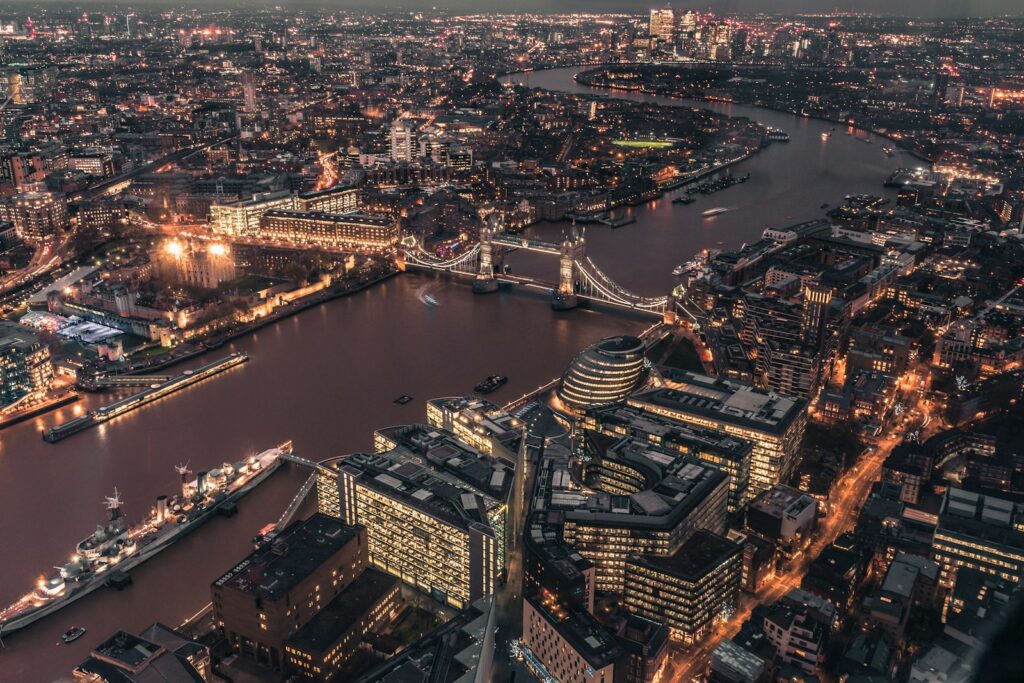
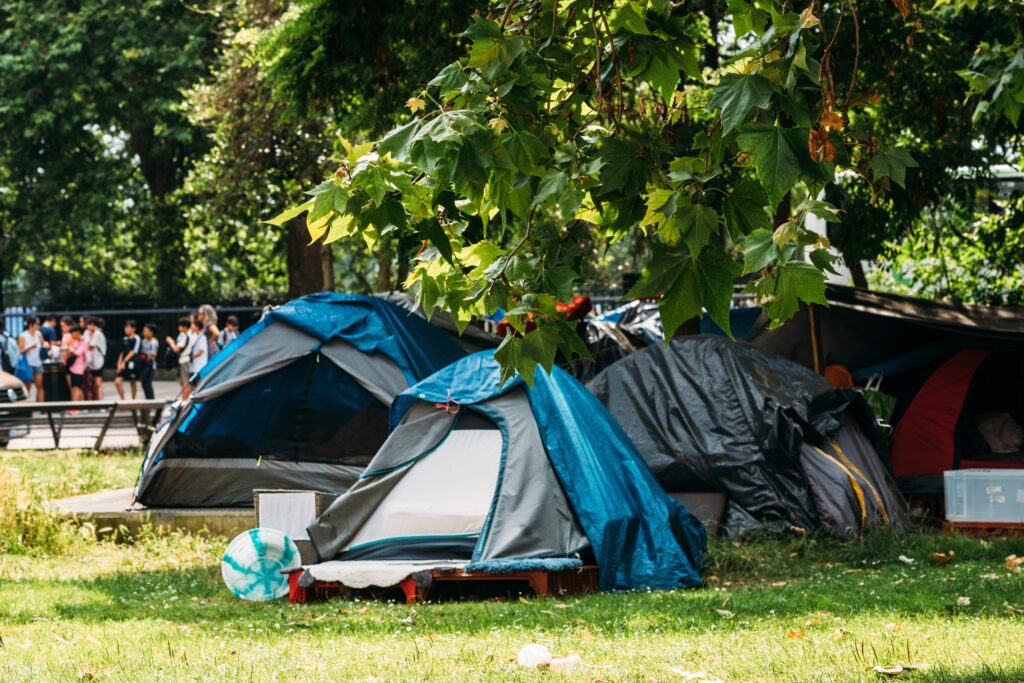
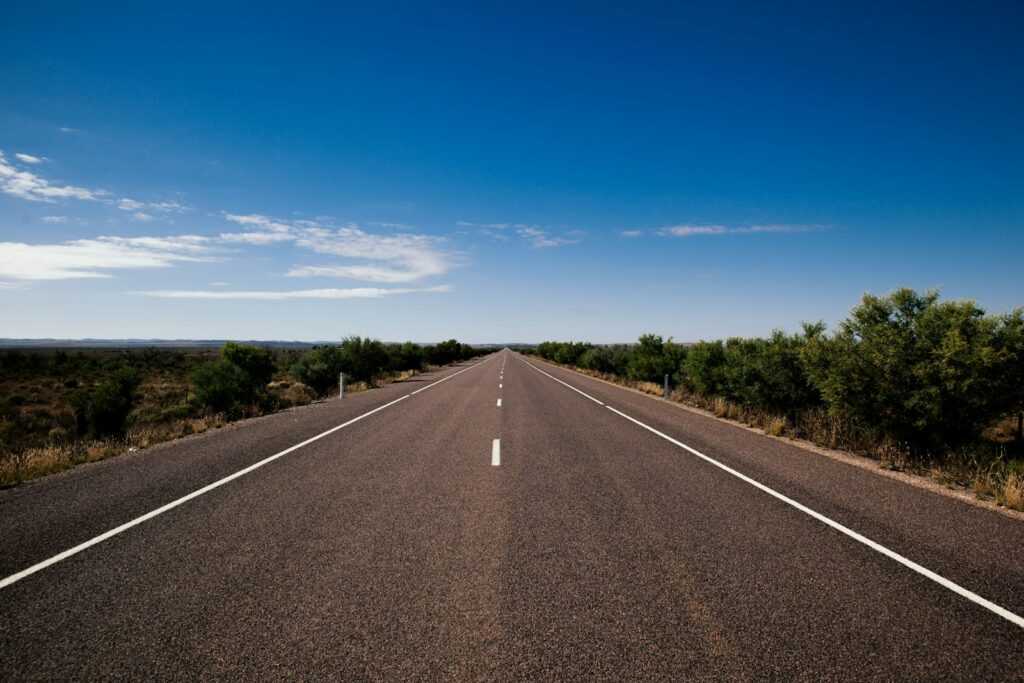
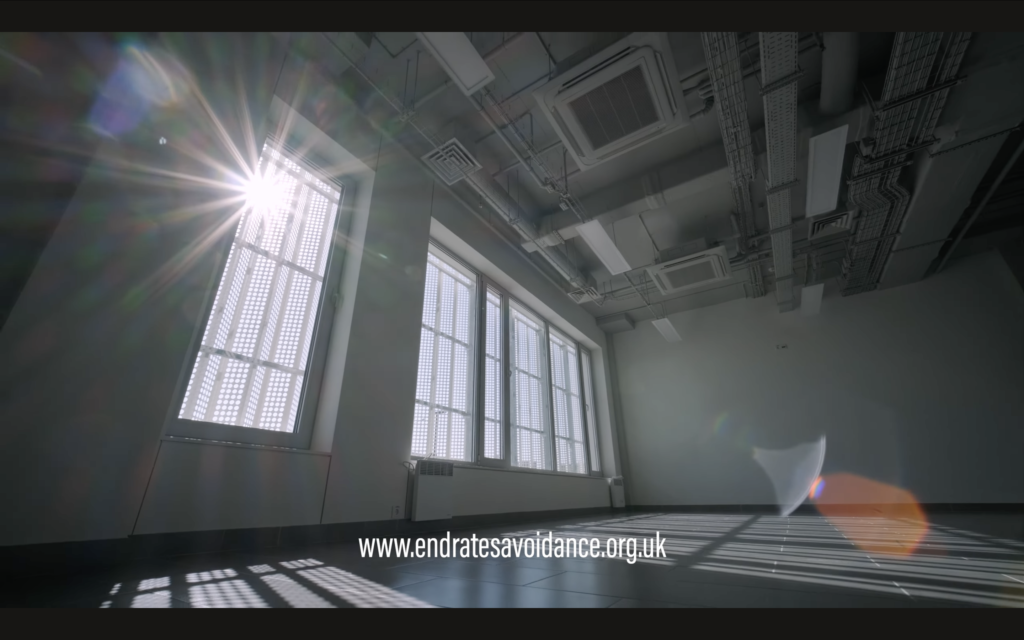
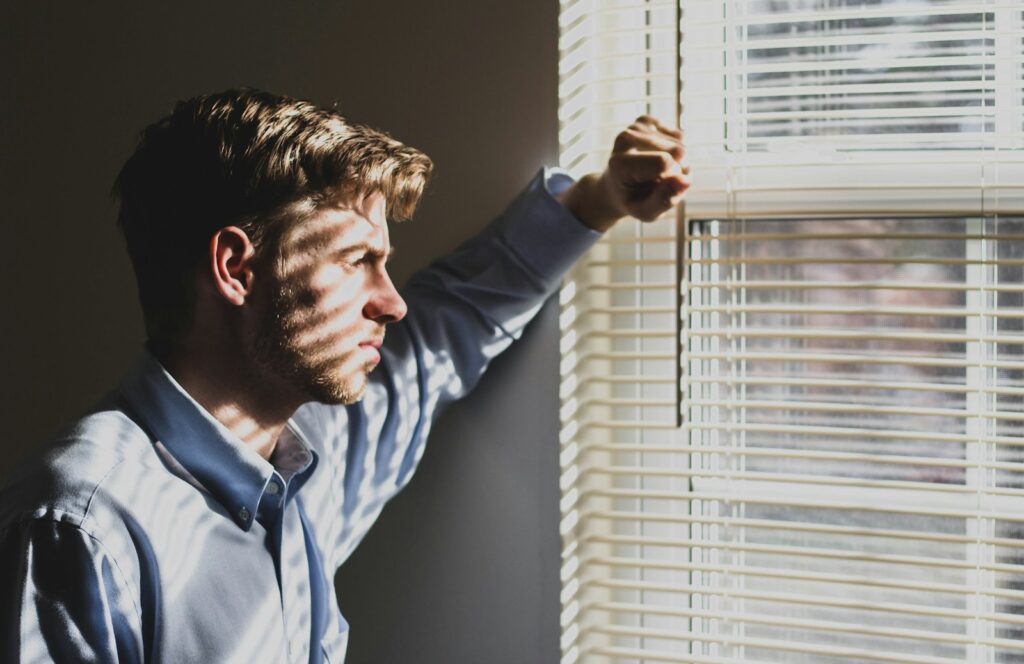
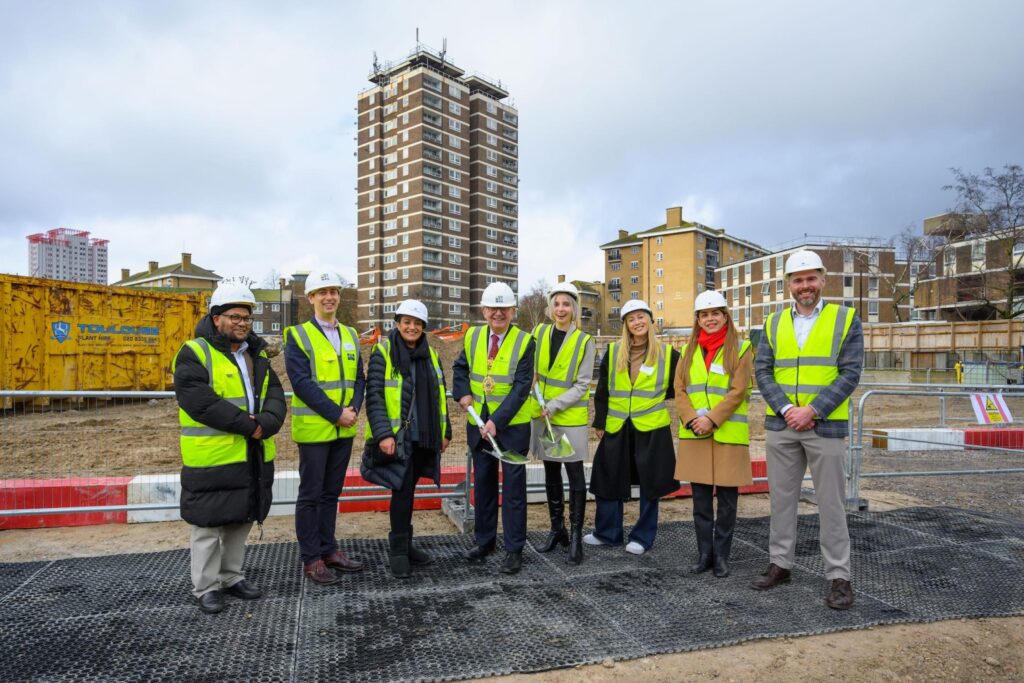
Leave a Reply